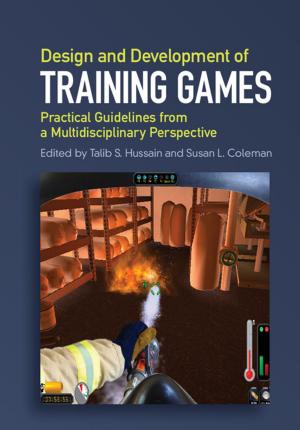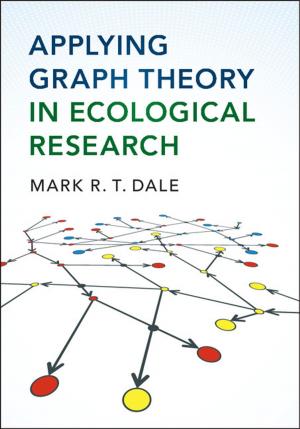Globalization against Democracy
A Political Economy of Capitalism after its Global Triumph
Nonfiction, Social & Cultural Studies, Political Science, Politics, Economic Conditions, Business & Finance| Author: | Guoguang Wu | ISBN: | 9781108120784 |
| Publisher: | Cambridge University Press | Publication: | April 24, 2017 |
| Imprint: | Cambridge University Press | Language: | English |
| Author: | Guoguang Wu |
| ISBN: | 9781108120784 |
| Publisher: | Cambridge University Press |
| Publication: | April 24, 2017 |
| Imprint: | Cambridge University Press |
| Language: | English |
Globalization has reconfigured both the external institutional framework and the intrinsic operating mechanisms of capitalism. The global triumph of capitalism implies the embracing of the market by the state in all its variants, and that global capitalism is not confined to the shell of nation-state democracy. Guoguang Wu provides a theoretical framework of global capitalism for specialists in political economy, political science, economics and international relations, for graduate and undergraduate courses on globalization, capitalism, development and democracy, as well as for the public who are interested in globalization. Wu examines the new institutional features of global capitalism and how they reframe movements of capital, labor and consumption. He explores how globalization has created a chain of connection in which capital depends on effective authoritarianism, while democracy depends on capital. Ultimately, he argues that the emerging state-market nexus has fundamentally shaken the existing institutional systems, harming democracy in the process.
Globalization has reconfigured both the external institutional framework and the intrinsic operating mechanisms of capitalism. The global triumph of capitalism implies the embracing of the market by the state in all its variants, and that global capitalism is not confined to the shell of nation-state democracy. Guoguang Wu provides a theoretical framework of global capitalism for specialists in political economy, political science, economics and international relations, for graduate and undergraduate courses on globalization, capitalism, development and democracy, as well as for the public who are interested in globalization. Wu examines the new institutional features of global capitalism and how they reframe movements of capital, labor and consumption. He explores how globalization has created a chain of connection in which capital depends on effective authoritarianism, while democracy depends on capital. Ultimately, he argues that the emerging state-market nexus has fundamentally shaken the existing institutional systems, harming democracy in the process.















